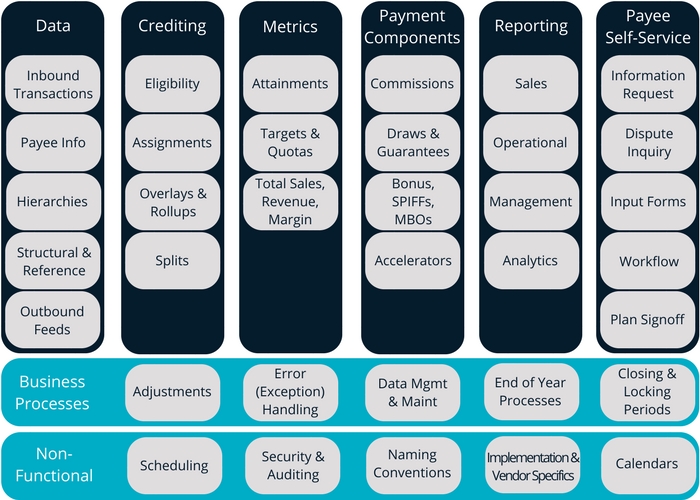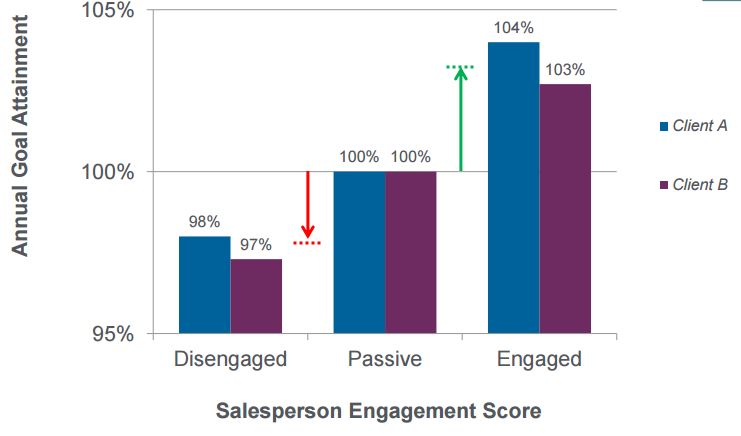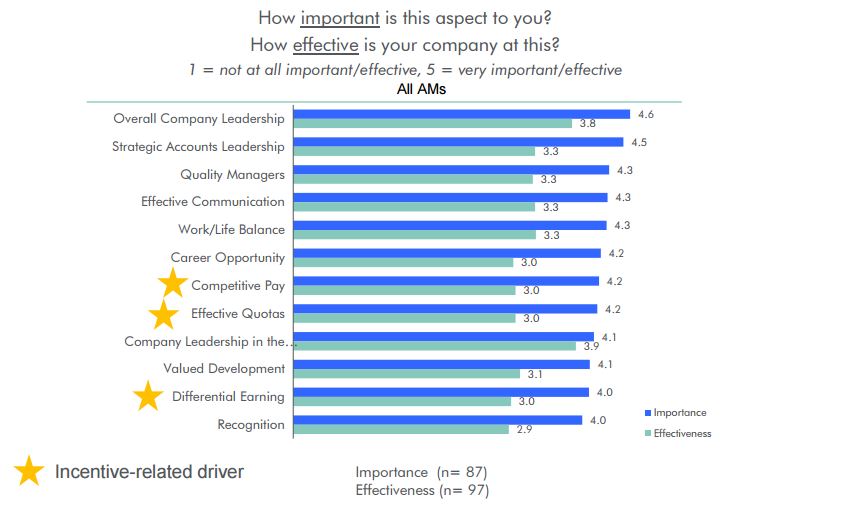Why an Incentive Compensation Health Check Matters
Squeaky wheels usually don’t go away; they just get louder.
Imagine you purchase a new car. The car is shiny and runs great, but after a year maybe there are few things you wish were different – the seat design could be more comfortable or the road noise is louder than you expected. Maybe you just bought the standard model. Now you wish you researched a bit more or requested a few more accessories. Or maybe in reality you just need a quick tune up.
Similar to a car, your incentive compensation management platform performs better when it is maintained and checked. Since ICM systems are such a crucial component to one of the key revenue generating functions of a company, sales people, it is in the best interest of an organization to perform routine checkups.
What Is an Incentive Compensation Health Check?
The best way to understand what an incentive compensation health check accomplishes is through a practical example. Our client RSA Security started our partnership with a health check more than two years ago. In just over a week, we uncovered valuable insights together that translated into both short and long term wins for the company.
RSA had an ICM implementation but it was failing to meet sales rep and sales comp team needs due to inflexible configuration choices and reports failing to deliver user-friendly and correct payout information. With significant comp plan changes on the horizon, they knew they needed to reevaluate and tune up their system.

Ironside worked hand in hand with RSA’s internal resources to uncover technical specifications, user needs, and strategic goals around ICM:
- Conducted a design review to determine how the ICM system was currently implemented and gaps between current state and desired functionality
- Held extensive stakeholder interviews to capture user feedback on the system and identify core use cases and pain points to address
- Conducted a technical review assessing the ICM model’s health through audit and calculation log analysis to understand where processing efficiencies could be gained
The end result of this rapid process was a set of planning artifacts, including a gap analysis, opportunity matrix, use case report, technical summary, and roadmap, that gave RSA a clear grasp of where their ICM system stood and how to move forward both immediately and over time. It also sparked follow-on engagements with Ironside to implement the plan that are continually enhancing the company’s ICM approach.
“When I approached Ironside in late 2014 I said RSA was looking for a partner to help us create a system that was capable of a lot more than how we were currently using it. Ironside comes through for RSA every time. I’ve had the good fortune to work with excellent consultants from Ironside who work tirelessly to get our projects done within tight deadlines.”
– Rob Lynch, Finance Manager, RSA
4 Reasons to Get an Incentive Compensation Health Check
As the RSA example shows, there are usually some common factors that incite organizations to pursue an incentive compensation health check.
1. There Is an Immediate Problem
Typically there are two main problem categories that occur, each with its own unique issues:
- Users are generally unhappy. This can take the form of payees not being paid in a timely, accurate way or reports that aren’t easy to understand and cause confusion.
- Compensation administrators have roadblocks keeping them from doing their job. Maybe they are new to the company or role and don’t yet understand the system. In other cases administrators may perform workarounds due to design issues, resulting in long hours spent to make things work.
Whether users are unhappy or a key admin just left the company, productivity is lost on both sides, which costs the company through higher expenses and lower revenue.
2. Significant Changes Are Needed to Satisfy Business Needs
Change is inevitable in everything we do. Sometimes it’s simple like an annual rate change or new quotas being entered. Significant changes to performance measures, methods of compensation calculation, or data can require more effort. These are all business strategy driven and are usually infrequent yet necessary. Part of all these changes will likely be updates to reporting analytics provided to the sales team so they can understand their compensation and stay focused on selling. After all, the more engaged sales people are, the more they outperform their peers according to a 2016 HSMAI study.

Source: HSMAI CSO Roundtable: Sales Incentive Compensation
3. Payees, Managers, and Executives Want More of a Good Thing
Although everyone is happy, they want to be even happier. The system went live over a year ago, things are stable, and you just implemented minimal reporting and analytics. We often recommend such a roadmap – starting with a focus on timely and accurate payment with clean and simple compensation reports. The success causes a request for more reports, analytics, dashboards, additional data integration, and other enhancements. These all support several of the main areas of importance and effectiveness sales reps highlighted in the HSMAI report.

Source: HSMAI CSO Roundtable: Sales Incentive Compensation
4. The Unknown
In my experience, another reason that’s usually part of the three others listed above is that we just don’t know what we don’t know. An outside perspective provides a fresh look at what may appear normal. Is there a better way? Are there new features to take advantage of in an upgrade? Are we following best practices? Unknowns lead to further requests for or design of ICM tool improvements.

With our numerous implementation experiences we have seen many ICM systems’ strengths and weaknesses. Drawing on this knowledge, we’re able to provide our clients with an accurate view of their current ICM implementation, allowing us to suggest and potentially put in place the solution that best fits their business’s specific needs and goals. If you take steps today to ensure your ICM system’s health, you’ll have a firm foundation in place that can adapt to your needs over time and evolve in sync with your strategies.
About Ironside
Ironside was founded in 1999 as an enterprise data and analytics solution provider and system integrator. Our clients hire us to acquire, enrich and measure their data so they can make smarter, better decisions about their business. No matter your industry or specific business challenges, Ironside has the experience, perspective and agility to help transform your analytic environment.






